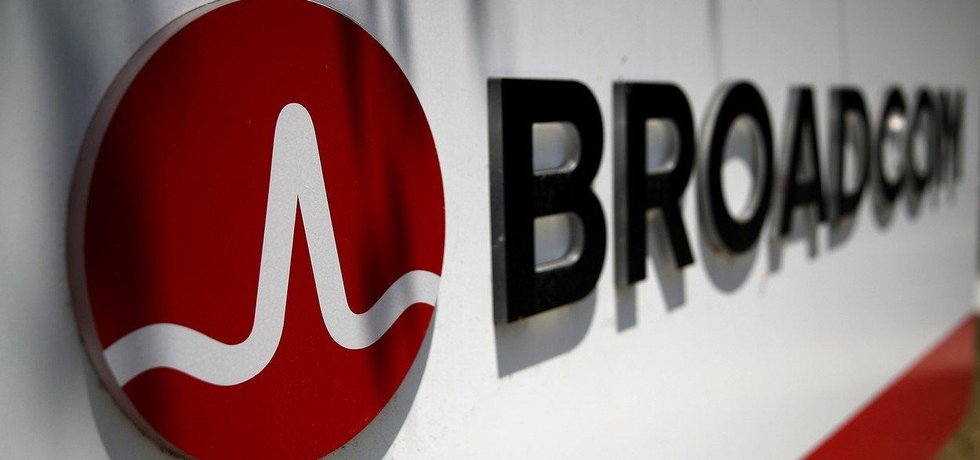
Broadcom Thinks The Huawei Ban Will Cost It $2 Billion This Year.
Broadcom (NASDAQ: AVGO) released its second-quarter results yesterday and the company had some bad news for investors in its forecast. The company, based in the U.S., sees a $2 billion dollar hit to its top line revenue numbers this year as a result of the American ban on selling to Huawei Technologies.
Yesterday we discussed technology bans and how it affects Chinese companies such as Huawei, and now today we can examine the other side of the coin – how companies based in the United States are being hit as a result of the Huawei blacklist.Broadcom Thinks The Huawei Ban Will Cost It $2 Billion This Year.
Broadcom, headquartered in San Jose, CA, is a communications and mobile chip specialist, among many other ancillary products. Its chips help with many types of networking and storage technologies and the company is known for its suite of modems, DSPs, ARM CPUs, network switches, and all manner of communication fabrics and supporting hardware.
Huawei is one of the firm’s chief customers and according to Broadcom, at least 4 percent of its revenue is in direct sales to the Chinese technology giant. Huawei relies on Broadcom for products that help enable its devices to access Wi-Fi, Bluetooth, and GPS networks.
All of this adds up to what Broadcom expects as a direct $900 million loss in revenue in direct sales to Huawei, and over a billion dollars in additional lost sales considering indirect customers involved with Huawei. “We’ll see a very sharp impact simply because (there are) no purchases allowed and there’s no obvious substitution in place,” said Chief Executive Officer Hock Tan in regards to the U.S. Huawei ban.
How does Broadcom think the damage will extend beyond its direct sales to Huawei? Tan continues, “We’re talking about uncertainty in our marketplace, uncertainty because of the – of demand in the form of order reduction as the supply chain out there constricts – compress, so to speak. In other words, Huawei’s ban might trigger a reduction in purchases overall as no one is quite sure how to predict what will happen next.
Of course, investors didn’t take kindly to the news that Broadcom would lose almost 10 percent of its revenue on an annual basis. Shares of the company plummeted by as much as 9 percent before recouping a bit to $265.93, which translates to a 5.6 percent drop on the day. The damage didn’t end there, as this was probably the catalyst for a large sell-off throughout the semiconductor and broader technology industry.


